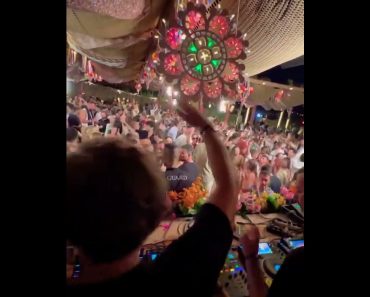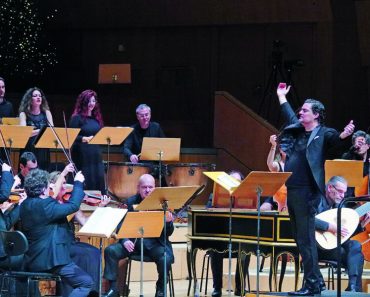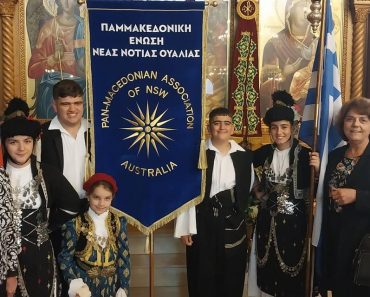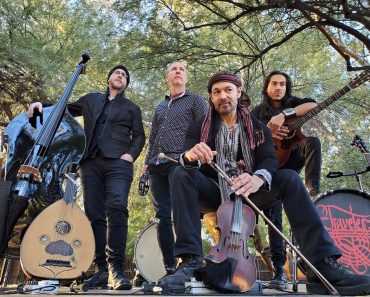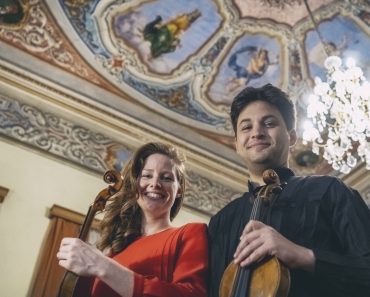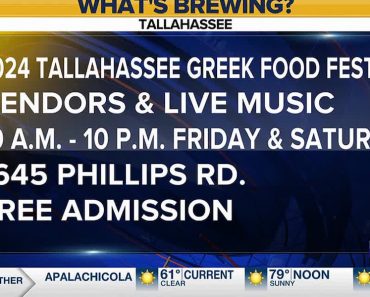
(Credits: Far Out / Showtime / The Eagles)
Pastiche is a dangerous game, but honouring your inspirations never has been. Between those two poles is a fine line. The greats have always known how to navigate this razor edge, turning the best of what they love into brand-new triumphs of their own, whereas the fellows who fail to catch on succumb to simply wallowing in what has gone before. When the Eagles coupled country and rock, it might not have been an alchemical mind-wallop, but in its own little way, it was something new.
At the core of this advancement were two songs that they adored from the 1960s. In this liberated era, fads and movements were flying around in a frenzy of discovery. One of the lesser remarked cultural shifts was the increasing rise of ‘frat culture’. For the uninitiated, the official definition from Times Higher Education for these ultra-American groups reads: “College fraternities are known for fostering a sense of brotherhood among their members and have a strong focus on social, academic and community-oriented activities. Like sororities, fraternities use Greek letters as symbols, and each fraternity has its own set of letters, mottos and traditions.”
In the mid-1960s, these fraternities became synonymous with a certain brand of music. With their track, ‘The Greeks Don’t Want No Freaks’, the Eagles paid homage to two of its best offerings. “We looked at it as an homage to, or maybe a sendup of, ’60s’ frat rock,’ in the vein of ’96 Tears’ by a group called Question Mark & the Mysterians, who, like Glenn [Frey], happened to be from Michigan,” Don Henley told Rolling Stone.
The upbeat blend of poppy rockabilly and a psychedelic twinge, enough to make the anthem feel revolutionary, ensured that it went down a storm. “’96 Tears’, released in 1966, was a huge hit and a big favourite on the college fraternity-party circuit in Austin, where my band, Felicity [later Shiloh], played almost every weekend,” Henley continued.
“It had the cheesy Farfisa organ and garbled, partially incoherent lyrics in the mode of ‘Louie Louie,’ the 1963 hit by The Kingsmen, another frat favourite. Playing those frat parties was another dues-paying experience. We witnessed a little bit of everything,” he wistfully concludes. There is enough of a hint that he looked upon this ”little bit of everything” with enough weariness for his remark to serve as a poetic portent.
You see, Henley, essentially, only wanted to be an English Major and see where that might take him; music and its demanding lifestyle was an afterthought that he was pretty much shepherded into by others. This is evidenced by the fact that when the band first got going, they did everything they could to shun fame, keeping their faces off of album covers and retaining a degree of anonymity in the streets of Los Angeles.
But fame did eventually arrive, and when it did, it threatened to overthrow the band. Tracks like ‘The Greeks Don’t Want No Freaks’ suffered as a result. “Exhausted, burned-out mentally, physically, spiritually. Homesick. We were not happy campers. But the Beast needed feeding. Momentum had to be maintained, or so we were fooled into thinking,” Henley recalled of the period surrounding the 1979 release of the shoddy B-side.
This was a difficult disposition from which to make great music. As Henley concludes, “’96 Tears’ is the better song by far. The only good thing about ‘The Greeks Don’t Want No Freaks’ is its energy. Despite that, no song titled ‘The Greeks Don’t Want No Freaks’ has any hope of being good.” The energy might channel the beloved ‘Louie, Louie’, and the groove might parody ’96 Tears’, but the song is a microwaved mash-up of both.
However, perhaps it is fitting that it failed to be a great sned-up of the 1960s. As Henley’s weariness surrounding fart culture implied, it was not a pleasant off-shoot of the abounding liberation. While the two great songs it spawned might have been among the Eagles’ “favourite” tracks of the time, the lifestyle that they became synonymous with stood against the band’s principles, veering dangerously close to counterculture’s misogynistic and self-indulgent Achilles heel.
Related Topics


